



































The Computational And Theoretical Chemistry Group (CATCO) focuses on:
CATCO was originally formed at the University of Cologne, Germany, by Dieter Cremer (1944-2017) in the 1980s, where also the major tool of the group, the quantum chemical program package COLOGNE, was started. In 1990, CATCO moved to Sweden, in 2005 to California, and since 2009, CATCO has been located at the Chemistry Department of SMU. Elfi Kraka has served as the head of CATCO since 2017.
So far, more than 75 graduate students and research associates have participated in the CATCO group. Alumni can be found all around the world, working a as assistant, associate, or full professors at well-known universities. Group members have published over 480 peer-reviewed articles in internationally recognized journals, 172 of them have been published since relocating to SMU. Since 2012, CATCO has organized the international Austin Symposium on Molecular Structure and Dynamics at Dallas (ASMD@D), which will meet again for a 28th time in February 2023.
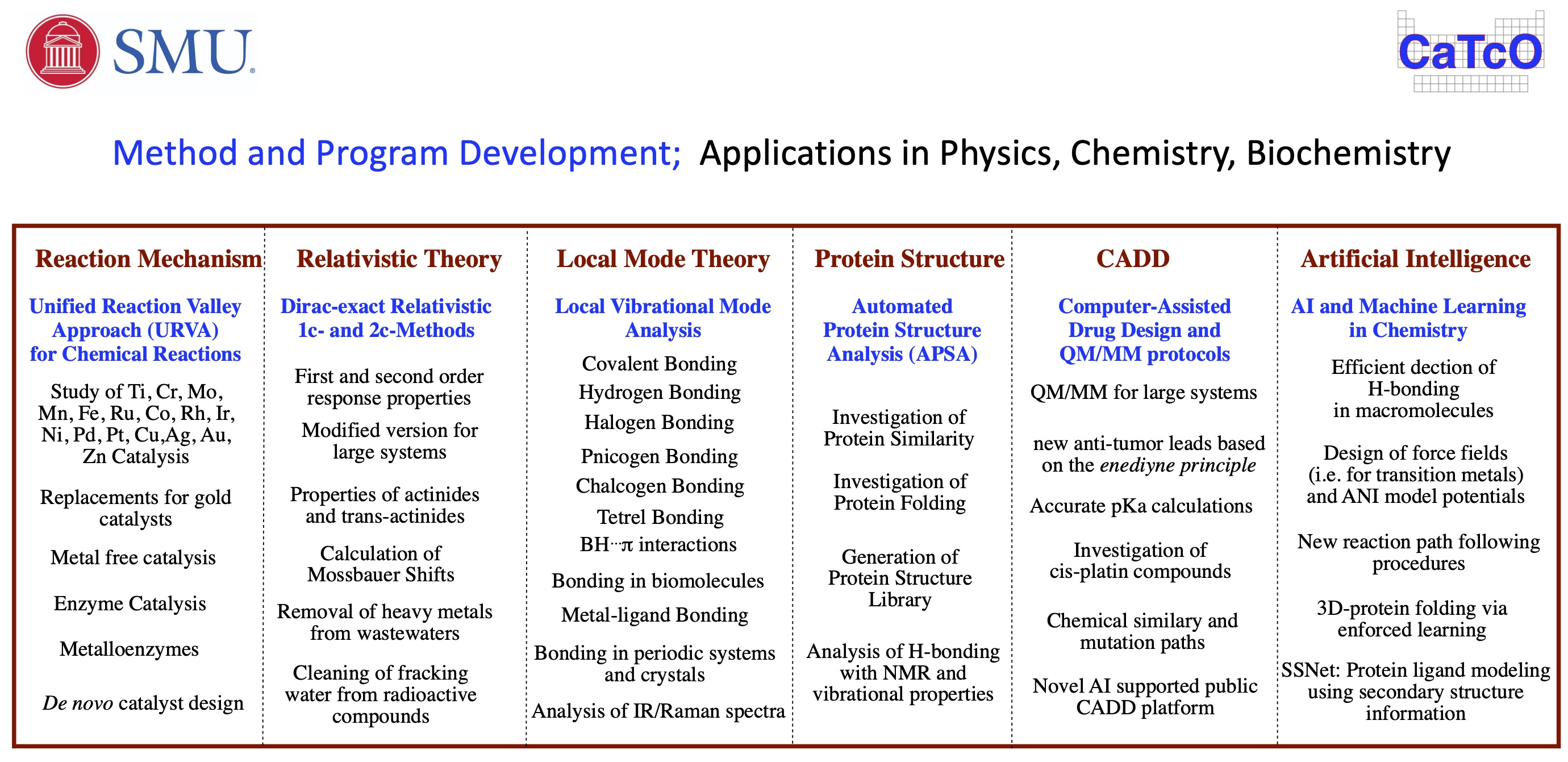
Job opportunities in TCC are currently the best of all chemistry disciplines (ACS: ChemCensus; U.S. Bureau of Labor Statistics). However, a broad and systematic education in TCC is still missing.
Since 2017, SMU offers a unique TCC degree which is based on 66 units (including core classes, electives, research), workshops, individual mentoring, and supervision; working in a team of scientists with different backgrounds in a high-performance super-computer environment. It is a direct (fast-track) bachelors-to-Ph.D. program.
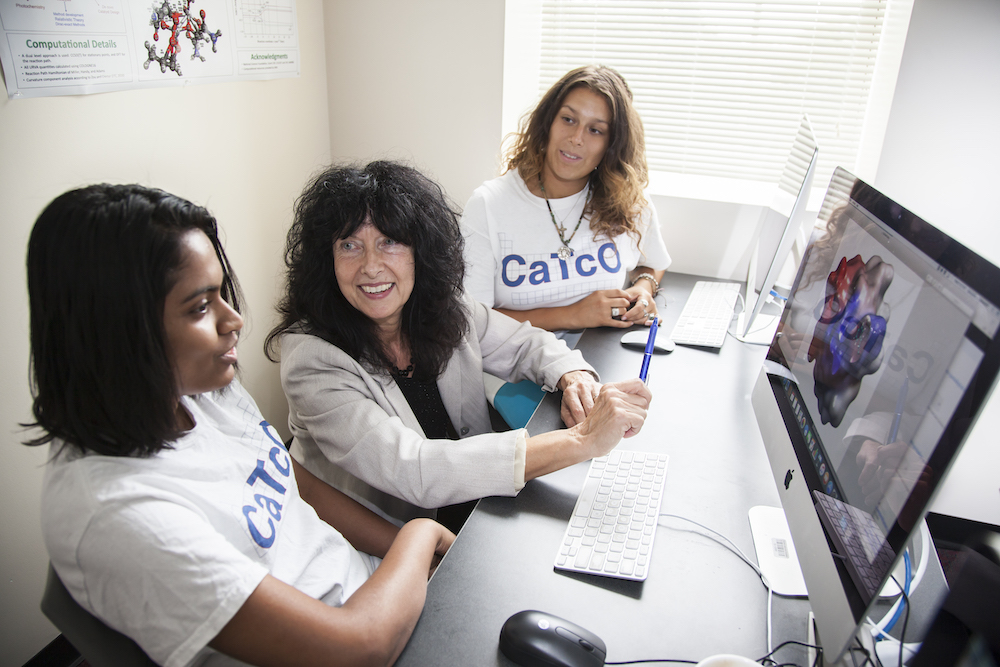
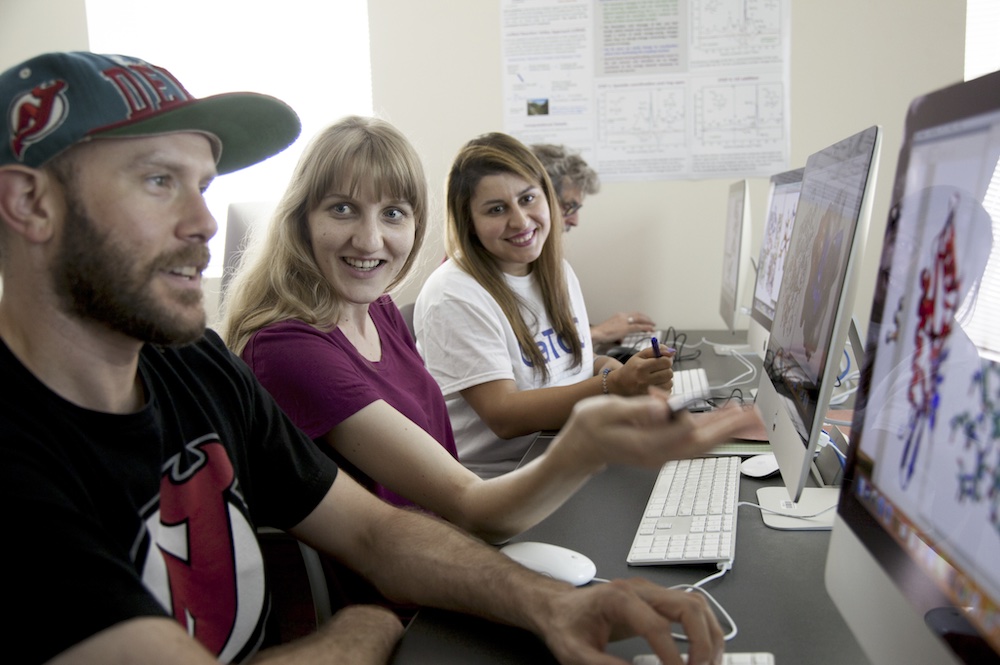
Further information is available on our Graduate Program page, via the SMU catalog page, and the Moody School of Graduate & Advanced Studies website.
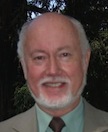 Dr. Dieter Cremer (1944-2017):1975 Assistant Professor at the Institute of Theoretical Chemistry, University of Cologne, 1979-1984 Associate Professor for Theoretical Chemistry at the University of Cologne; 1984-1989 Heisenberg-Professor at the University of Cologne, 1986 Appointment as lecturer in "Computer Science" at the University of Cologne, 1990 - 2005 Full Professor of Theoretical Chemistry at Gothenburg University, Director of the Department of Theoretical Chemistry 1992 – 2005; 2005-2008: Professor of Chemistry and Professor of Physics at UOP, Stockton, California; 2006-2009 Director of Nanotechnology, UOP; 2009-2017: Professor of Chemistry at SMU.
Dr. Dieter Cremer (1944-2017):1975 Assistant Professor at the Institute of Theoretical Chemistry, University of Cologne, 1979-1984 Associate Professor for Theoretical Chemistry at the University of Cologne; 1984-1989 Heisenberg-Professor at the University of Cologne, 1986 Appointment as lecturer in "Computer Science" at the University of Cologne, 1990 - 2005 Full Professor of Theoretical Chemistry at Gothenburg University, Director of the Department of Theoretical Chemistry 1992 – 2005; 2005-2008: Professor of Chemistry and Professor of Physics at UOP, Stockton, California; 2006-2009 Director of Nanotechnology, UOP; 2009-2017: Professor of Chemistry at SMU.
Research: Development and application of quantum chemical methods (MBPT, CC, DFT, relativistic) for the calculation of thermodynamic, spectroscopic, and reactive properties of molecules; study of reaction mechanism; conformational analysis; nanotechnology: investigation of carbonnanotubes and quantum dots.
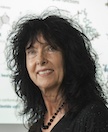 Dr. Elfi Kraka:1990 Assistant Professor of Theoretical Chemistry, Gothenburg University, Sweden, 1993 Associate Professor of Theoretical Chemistry, Gothenburg University, Sweden, 1997 Full Professor Theoretical Chemistry, Gothenburg University, Sweden, 2005-2009, Professor of Chemistry at the University of the Pacific, Stockton, CA, 2009- Professor of Chemistry at SMU; Administrative representative of Theoretical Chemistry, Gothenburg, Department Chair of Chemistry at the University of the Pacific, Department Chair of Chemistry at SMU.
Dr. Elfi Kraka:1990 Assistant Professor of Theoretical Chemistry, Gothenburg University, Sweden, 1993 Associate Professor of Theoretical Chemistry, Gothenburg University, Sweden, 1997 Full Professor Theoretical Chemistry, Gothenburg University, Sweden, 2005-2009, Professor of Chemistry at the University of the Pacific, Stockton, CA, 2009- Professor of Chemistry at SMU; Administrative representative of Theoretical Chemistry, Gothenburg, Department Chair of Chemistry at the University of the Pacific, Department Chair of Chemistry at SMU.
Research: Computer Assisted Drug Design of nontoxic antitumor drugs based on natural enediynes; molecular modeling; development of DFT methods; study of reaction mechanism and reaction dynamics; calculation of thermodynamic, spectroscopic, and reactive properties of molecules, modeling of homogenous and enzyme catalysis.